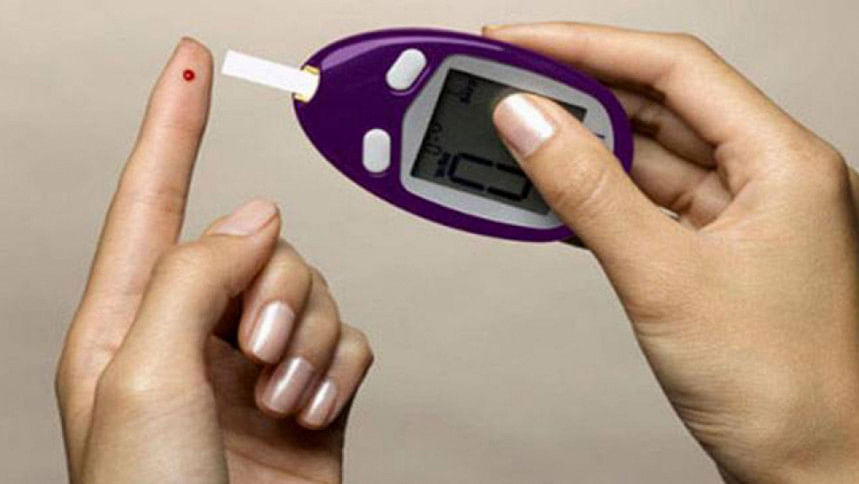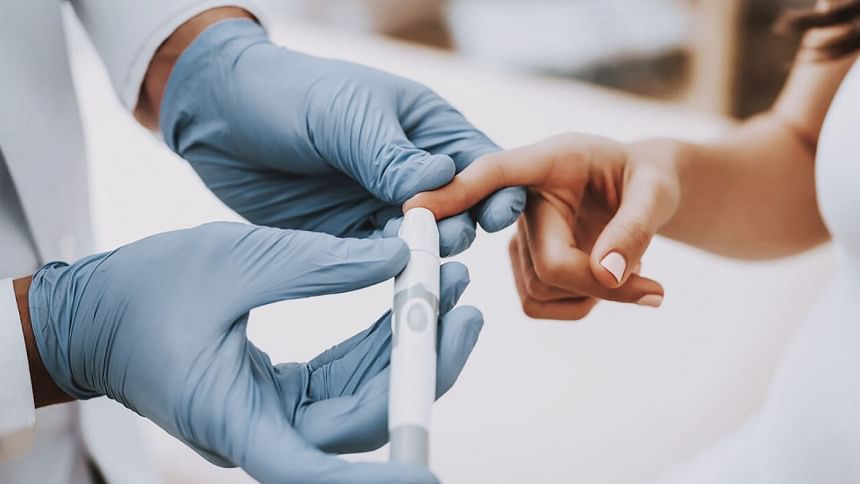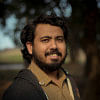Living with diabetes as a young person

Diabetes is often associated with older people, a disease that affects the middle-aged or the elderly. However, research indicates that diabetes among young people may be more common than previously understood.
According to a study conducted by Centre for Global Health Research, BADAS, and Non-Communicable Disease Control of DGHS, diabetes is prevalent among 7.4 percent of youth studied by them, all between the age of 15 and 35.
As per the study, obesity, and not walking for more than 30 minutes a day leads to higher occurrences of diabetes among young people. The study also says that dietary habits lead to cases of diabetes among young people.
The reasons behind diabetes tell their own story of a youth population woefully deprived of opportunities to be active, as well as the fact that a healthy diet is often a luxury for young people who have to operate on a budget, whose diet is often controlled by what is served in university canteens and roadside hotels.
The question that remains unanswered, however, is what life is like for a young individual with diabetes. How do young people with diabetes cope in a world that is so fast and unforgiving?
For Maesha Marium, 28, diabetes has been a fact of life for a long time.

"I was diagnosed with type 1 diabetes when I was five. From the beginning, I've been dependent on insulin, and I've always had to take shots. It was difficult in the beginning to get used to getting pricked twice a day, or sometimes more to check blood sugar levels. Kids are usually afraid of needles, so as a kid, I was scared too," she shared.
For young children, changing habits can become quite difficult, as they often won't understand why it's necessary. Maesha Marium went through that struggle as well.
"I was never a very active kid. I used to remain indoors and I preferred reading books rather than going out and playing. That changed," she said.
A child's world is small, but as they become teenagers, changes in lifestyles start affecting their social lives. Such was the case for Zereen Farzana, 29, who was diagnosed with type 2 diabetes just after she completed her HSC. For her, the changes were very difficult to come to terms with.
"My doctor recommended that I stay away from sugary foods, get regular exercise, proper sleep, and then he gave me a bunch of medicine. I also had to cut the amount of food I eat regularly. I had to go through huge lifestyle adjustments at the beginning, which was really tough. I felt totally broken when I realised nobody around me was aware of what I was going through. My parents became worried about me as I went through a depressive episode," she said.
When she looked towards her peers and classmates for support, things didn't work out the way she expected either.
"They misunderstood me. I wanted to be frank with them, thinking they would accept my differences, but I was wrong. When I would say no to fast food or other things that were normal for young people my age, they would think I was being pretentious. I felt alienated among them," said Zereen.
While the social repercussions of lifestyle changes weigh heavy on many, managing diabetes itself is a challenge for a lot of young people.

Sanjukta Shikha (not her real name), 26, found out she had type 1 diabetes seven years ago.
"Managing diabetes often involves dietary adjustments, regular exercise, and monitoring blood sugar levels. For me it is a little difficult to do, as I'm not a very disciplined person. I get sick from time to time and there are no support groups in Bangladesh, especially for my age group, where I can better learn about this condition," she said.
Maesha Marium spoke about the ways she manages her health, "For most of us in this era, we tend to skip breakfast and have brunch because we don't have time. But I must take three meals a day and sometimes I take meals in between them to prevent my blood sugar level from falling [a condition known as hypoglycaemia]. The other adjustment, that was more difficult, is that I have to carefully check the ingredients of every meal I take, to check the number of calories they have. I can't have high calorie foods like candies, or sweets, and I even have to be on the lookout for carbs."
Maesha hails from Rajshahi, and her love for mangoes suffers because of diabetes. "I have to check the amount of mangoes I have in a day during the summer, so my blood sugar level doesn't rise. I have had a sweet tooth since I was a kid, so that's a bit difficult. Sometimes I take cheat days, suppose I am craving roshogolla, so I take one and skip lunch. This is not something the doctors would recommend, but I take a chance to balance it out."
Wherever life presents challenges, there is the chance to stand up against it and learn. Diabetes is one such challenge, but the life that takes shape due to it can be whatever one wishes it to be.
"Having lived with diabetes for a long time, I understand now how beautiful life is! My dream, my aim, mission and vision have completely changed. This lifestyle disease has taught me how to overcome challenges in life. Now, I can live a life I choose and plan every day. Now, I can read my body and mind together. I know my sugar level, my blood condition and my emotional ups and downs. Now, every step ahead is according to a plan," said Zereen.
For Maesha, it has been all about not letting her journey with diabetes interfere with her dreams. "I am a musician. It's something I want to do until the end of my life. I think that living as a musician is something I wanted to do, and diabetes couldn't come in the way of it, I didn't let it."

 For all latest news, follow The Daily Star's Google News channel.
For all latest news, follow The Daily Star's Google News channel. 





Comments